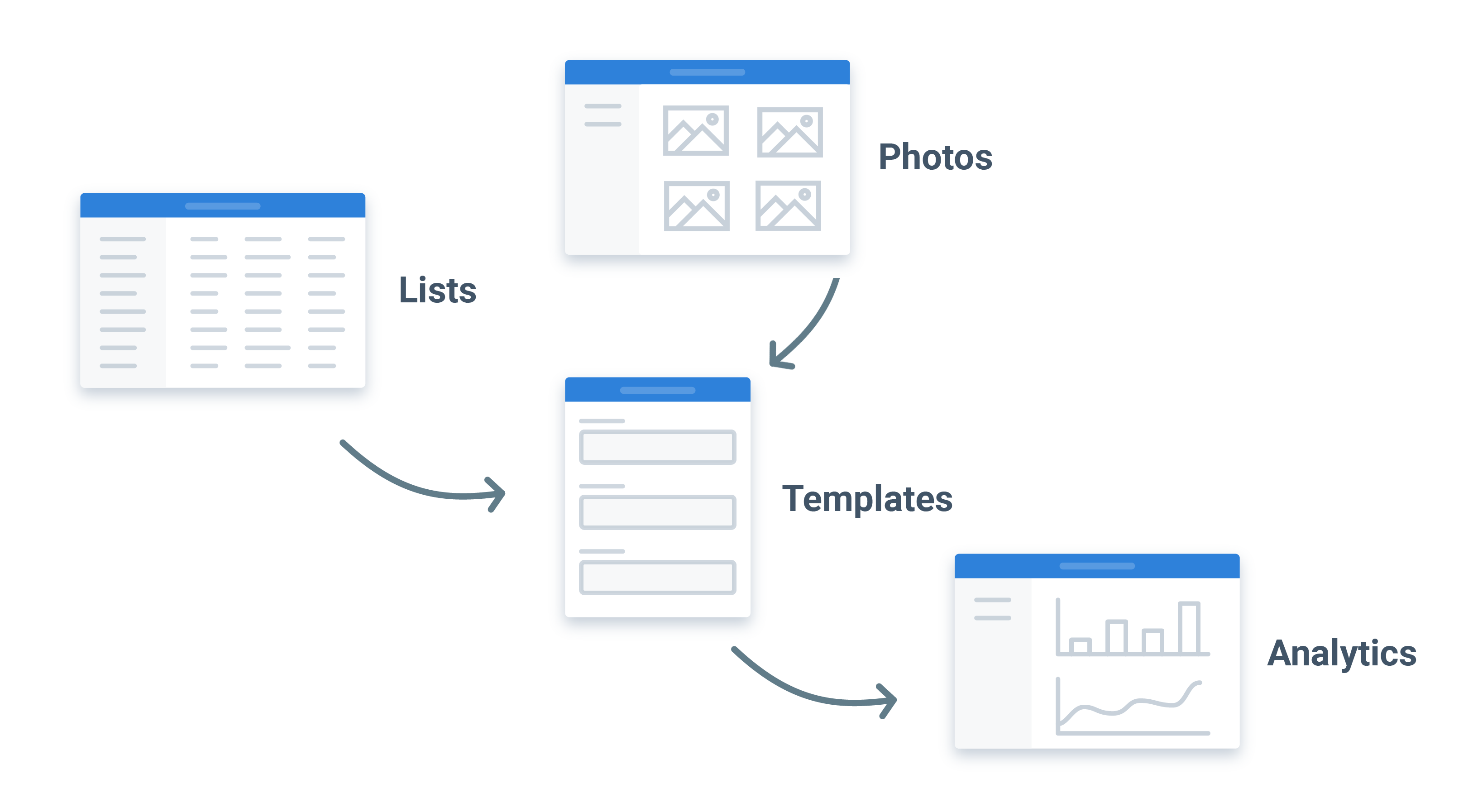Systems – Enterprise content management meaning

Enterprise content management meaning
What is the meaning of enterprise content management?
The meaning of enterprise content management is a set of strategies, processes and tools which enable companies to document, organise, store and deliver information to customers, employees and other stakeholders.
This 'meaning' obviously includes a number of elements, which we will breakdown below to give you a deeper understanding of this high level meaning.
Firstly, documenting or capturing in ECM is the converting of paper documents into a digital format. Enterprise content management came about and was made possible through digitisation, because companies and workers could now use computers and smarter devices to organise, store and deliver information to others. Before digital, the only way people could move information was by physical means.
Secondly, the management component of ECM is concerned with how a company or organisation manages records - mostly through automation. Here, we are talking about document controls like version control as well as how people are able to collaborate and create workflows for normal processes.
The next component of this overall enterprise content management meaning is that all of this information can be stored and preserved. The idea of an ECM is that it is the central place and source of truth for documentation.
In other words, records should be stored and accessible from this one place whenever required.
And finally, the last component of this true meaning is that an ECM needs to be able to deliver that content. Delivering content means different things to different companies, but one digitised, it must be possible (and easy) for a company to be able to share that information in a digestible and presentable format.
For a construction company, this may mean accessing a defect report years after it was documented and sending it to a 3rd party in a report format.
What do other people mean when they talk about ECM?
The reason you are seeking the enterprise content management meaning is probably because you have heard it a few times and wondered what a person or people were talking about - or how this thing relates to your work and your business.
When people talk about enterprise content management, there are some slight variations as to what they are talking about - but most of them are generally referring to the same thing.
The above meaning of enterprise content management can often be blurred with enterprise content management systems and softwares, but this is understandable given that these tools do all of the jobs described by the above meaning - packaged into one system.
People can also refer to ECM by 'content management', but content management is a very broad term which can be related to website content, writing, video and other content. But including enterprise at the beginning means that the content which is being managed is for an entire 'enterprise' or organisation.
Enterprise content management as an approach is not in any way 'restricted' to the traditional enterprise or large company. Any sized company, especially with the rise of subscription based ECM softwares can access and adopt and ECM style approach to their content - and should.
Small under-resourced company can benefit greatly from having a reliable system in place for capturing, organising and delivering their information.
How to apply the true meaning of enterprise content management to your business
The meaning of enterprise content management is applicable to all organisations. All organisations create and move information, whether that be in the form of formal documents or letters.
This information must be managed somewhere. Old school companies and many companies employing legacy systems still rely on paper-based forms, scanning and emailing or traditional digital digital folder structures and email to manage, store and move information.
But the best way to apply the true meaning of enterprise content management is to incorporate the above elements of ECM into a single package where data can move seamlessly without too much interaction with humans.

Enterprises or 'organisations' who don't document, store and manage their information in a smart system spend countless hours and an incredible amount of money and resources on manually entering, handling and moving information from one place to another.
Every time a human touches, reconciles or forwards on information, time is spent and additional risk is introduced in the form of people being able to make mistakes, misplace or lose that information.
Your systems flow should look much like the above, which is how a well-drilled construction or industrial organisation should manage their content.
By standardising the templates and workflows behind the data, companies are able to spend less time managing data and more time generating progress.
Other frequently asked enterprise content management questions
Along with many people asking the simple and obvious question as to the meaning of enterprise content management, there are a number of other 'frequently asked questions' which people being introduced to ECM typically ask and care about:
What are the benefits of ECM?
There are many benefits to implementing an ECM. Some are obvious, while some are more subtle depending on the nature of your business as well as the current standard of information management.
For a relatively normal organisation, the standard benefits are:
- Reduced admin costs - Businesses who use an ECM well spend less of their time managing information manually. This reduces the amount of hours spent doing data entry, as well as emailing back and forth, shipping and storing files etc. These type of costs can be some of the highest in a business, so this can be huge savings.
- Minimised risk - Offloading information management to softwares and tools which do it automatically reduces the risk of mistakes, duplicate entries etc.
- Increased productivity - Workers in organisations who have strong ECM can spend more of their time being productive and adding value, which also makes them more satisfied in their jobs
Who uses an ECM?
Many industries utilise enterprise content management, but some of the most common are law, construction and education due to the large volume of records and the importance of those records.
How does enterprise content management help with compliance?
Internal and external audits quickly reveal weaknesses in content management. An ECM ensures compliance through those tighter version and document controls, and makes all records and processes visible and transparent to auditors and the like.
How difficult is implementing ECM?
The answer to this one is it depends. Different organisations will encounter different obstacles which may stem from existing processes or friction and complaints from key personnel. There are usually a few substantial hurdles as well as some upfront investment - but an enterprise content management system is almost always worth the investment.
People in 100+ countries use this enterprise content management system to better document, organise and track their information.
